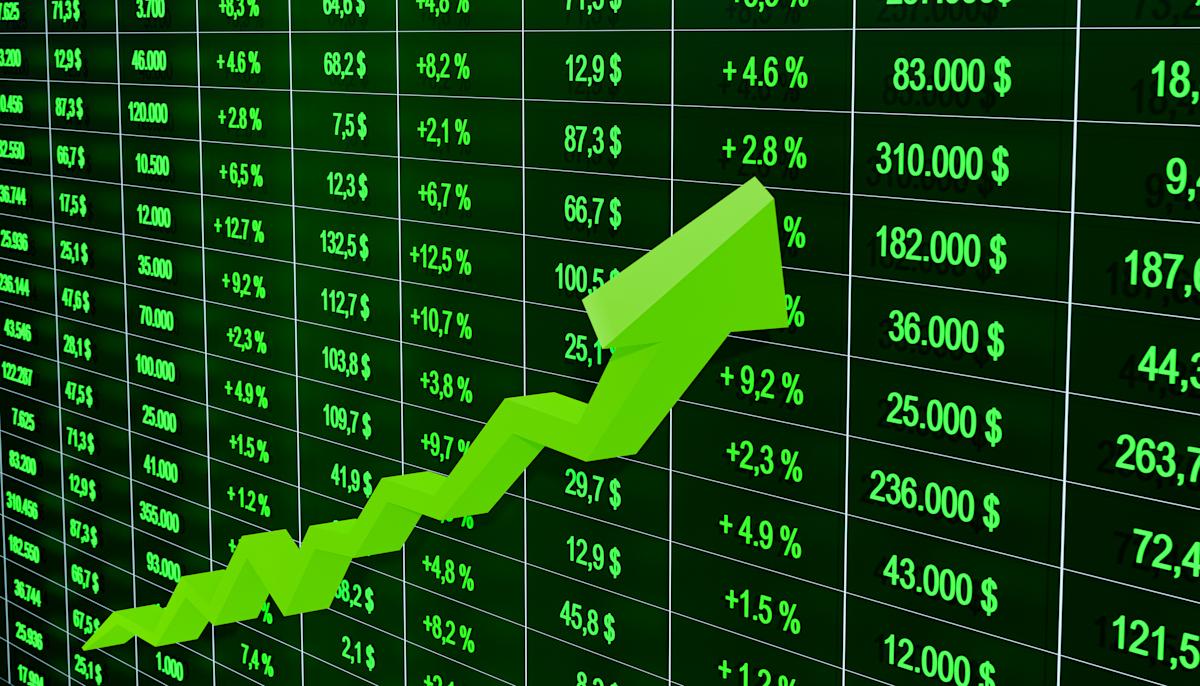00:00 Speaker A
Michael, it is great to see you, sir, as always. But let's start off, um, maybe bigger picture, Michael. You know, you look at this market, big move off that April low, impressive the mood and the speed of it, Michael. Where do you stand on this market here? When you're talking to clients, are you telling them, listen, we're we're going to move still higher?
00:28 Michael
Well, I think over over time, yeah, over the next 12 months, I I think we could see the market still go up another 6 to 8 percent. Uh, I think it's important to recognize or acknowledge that the last three months moves was largely, uh, pricing out of macro risk, whether you look at PEs, which have rebounded, or credit spreads, which have compressed, it's been a very macro, uh, led tape where kind of a rising tide has lifted all boats. Going forward, we should not expect, uh, we should not extrapolate this or expect, you know, this sustained the same level of returns, of course, every three months. And we'll probably see earnings matter a lot more for stocks than macro, uh, in in the coming months.
01:58 Speaker A
What about the Trump tariffs, uh, Michael? You know, we were just talking about that. Trump's speaking for a while today. I think nearly two hours, making more news on tariffs. We had some market pros and strategists on the show this week, Michael. And they they looked at those headlines, and honestly, they they kind of said, you know what? Got to take a deep breath. I mean, literally take a deep breath and and just realize that, in their words, it's just it's just a Trump tactic. It's a Trump negotiating strategy. Do you agree with that, Michael, or is that maybe too complacent?
02:49 Michael
Well, I think you you have to somewhat agree with that because that's been the the recent pattern. Uh, I don't think we're going back anywhere near levels we saw earlier this year. The market's already been shocked by tariffs. Uh, I'm not surprised we're obviously still debating it because it's still very much a real issue. I just think it's more, uh, of a of a risk to the downside for specific companies or specific industries rather than systemically a downside risk to the economy or markets.













